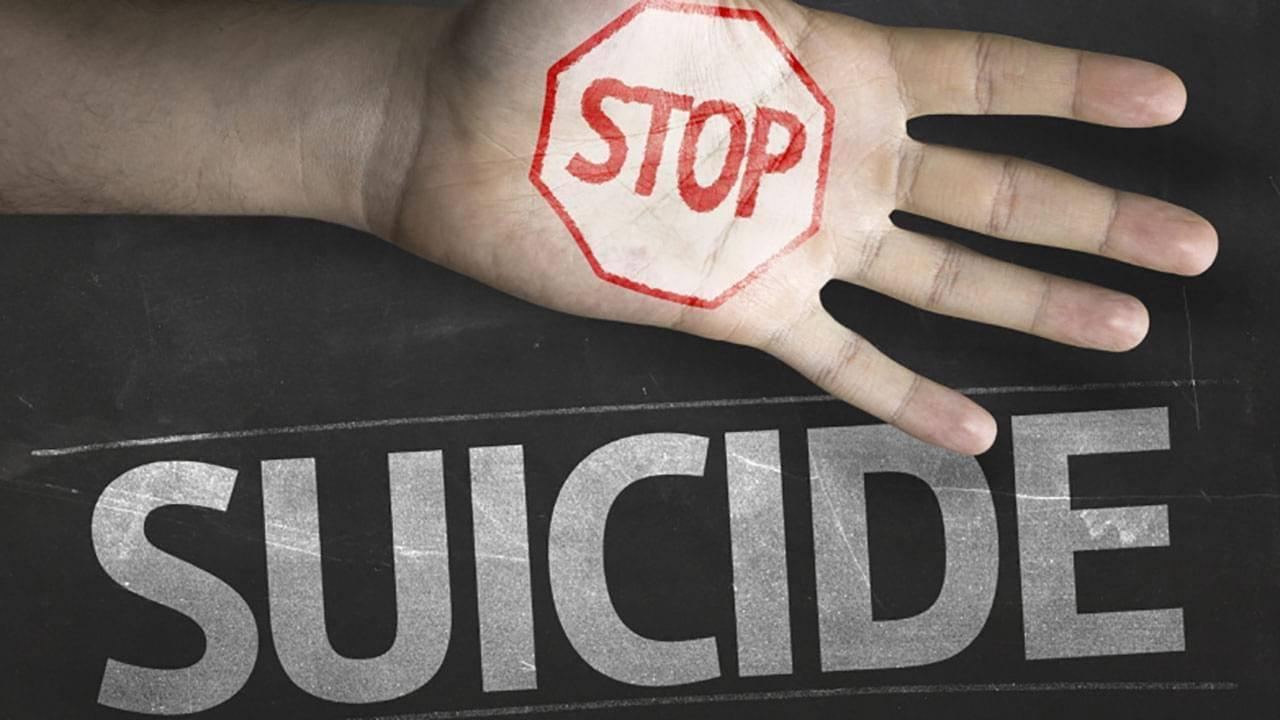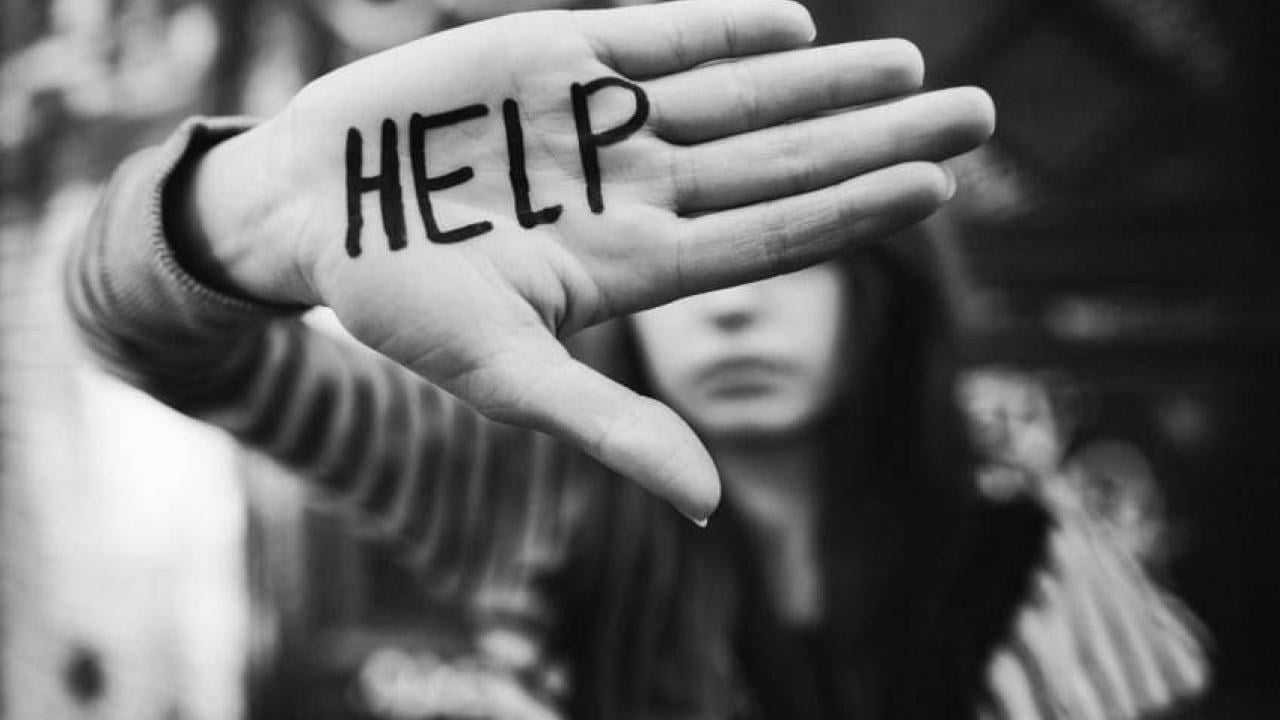Suicide: 5 Warning Signs and 5 Things You Can Do to Help
Suicide is the 10th leading cause of death in America. In fact, 121 people, of all ages and economic classes, commit suicide in the U.S. every day. ...
Dr. Phil says there is a need to exercise sensitivity when discussing death by suicide, so as not to glamorize the act or give rise to copycats.
When reporting about suicide, there are certain guidelines to follow. According to the American Foundation for Suicide Prevention, The National Suicide Prevention Lifeline, ReportingOnSuicide.org and other sources, don’t do the following:
If someone you know is is talking about or planning to take his or her life, please contact the National Suicide Prevention Lifeline at 1 (800) 273-TALK (8255).
Source: ReportingOnSuicide.org

Suicide is the 10th leading cause of death in America. In fact, 121 people, of all ages and economic classes, commit suicide in the U.S. every day. ...

Mental health issues affect millions of Americans. Dr. Phil tells his viewers, "I wish I could tell you that there's a profile where we could predict...

Close to 14 million adult children are still living at home. There are simple steps both parents and their kids need to take to make their lives more...